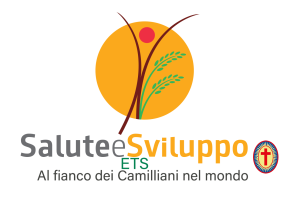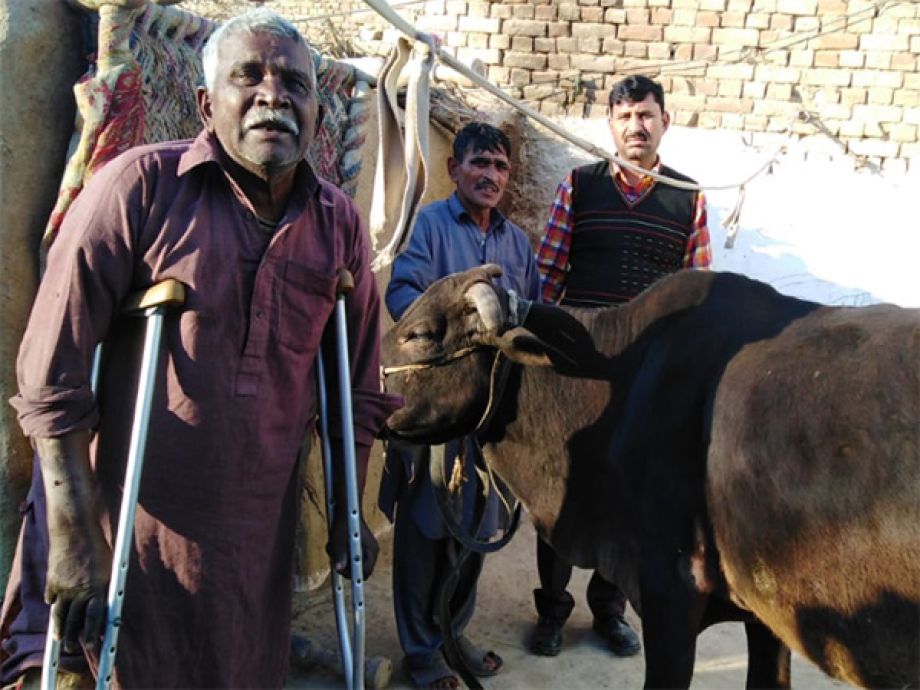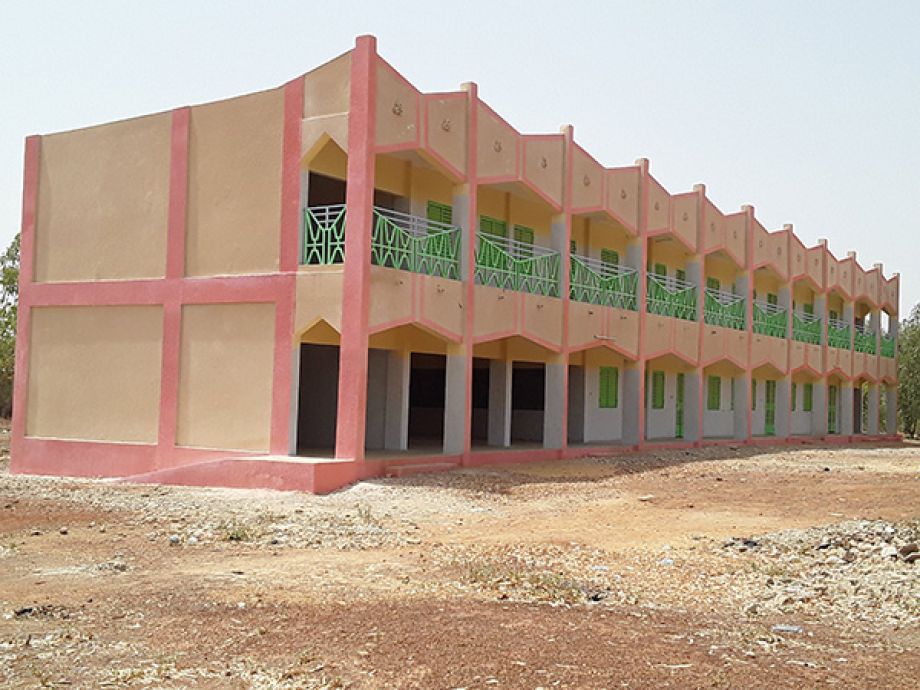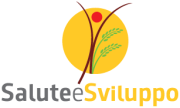Emergency State in Central African Republic
The situation in Central African Republic is extremely critical. Since the presidential elections at the end of December, clashes and attacks have continued by guerrillas from an alliance of militias rejecting the re-election of Faustin-Archange Touadéra.
There have been dozens of casualties and the balance and security situation seems, to date, precarious.
This exacerbates the existing problems in the country: the rise of food prices, the lack of drinking water, the blockade of essential goods wich are imported from abroad.
On Monday, the latest major attack, reported by Ocha (United Nations Office for Humanitarian Affairs), hit the MSR1, the country’s main supply and trade route linking the capital Bangui to the nearest port in Cameroon.
Even our mobile clinic service, for security reasons, cannot reach the villages where it provides health and psychological services to the communities.
The appeals of Central African President Faustin-Archange Touadéra’s rivals were rejected by the Constitutional Court. He was officially elected with 53.16% of the votes.
On Monday, January 18th 2020, Danièle Darlan, the president of the Supreme Court declared that Faustin Archange Touadéra “is re-elected President of the Republic in the first round of the elections on December 27, 2020”.
The Court, however, lowered the participation rate to 35.25%, far from the 76.31% of registrants provisionally announced on 4 January.
His opponents denounced ‘massive fraud’ and the impossibility for two out of three voters to vote.









